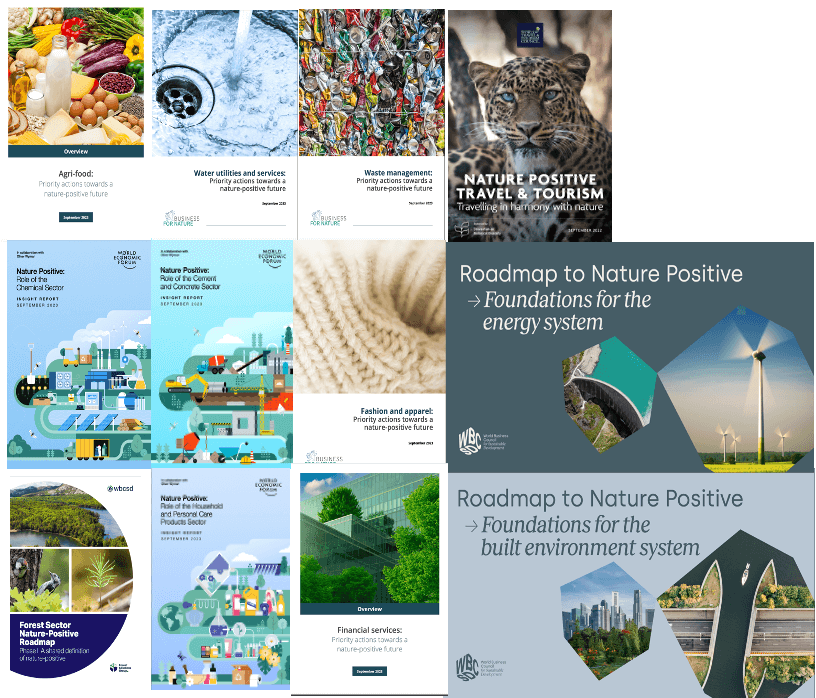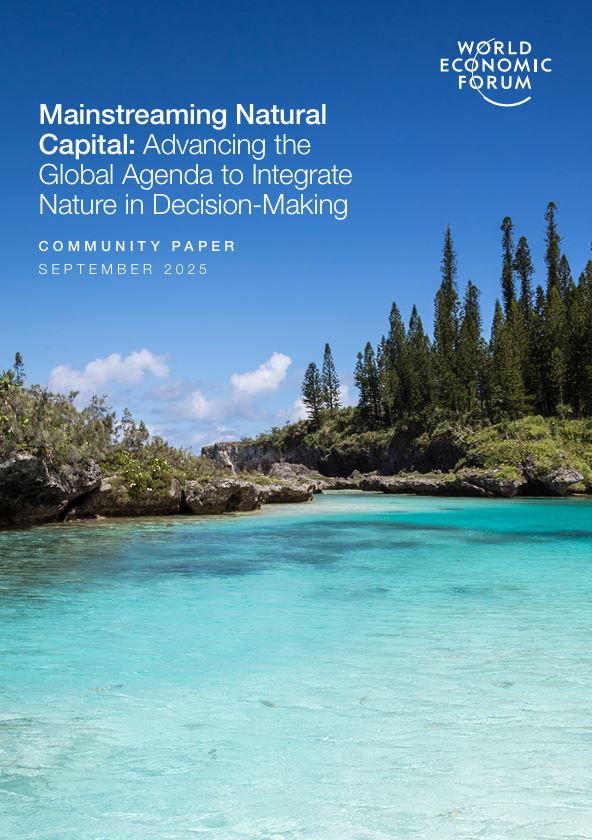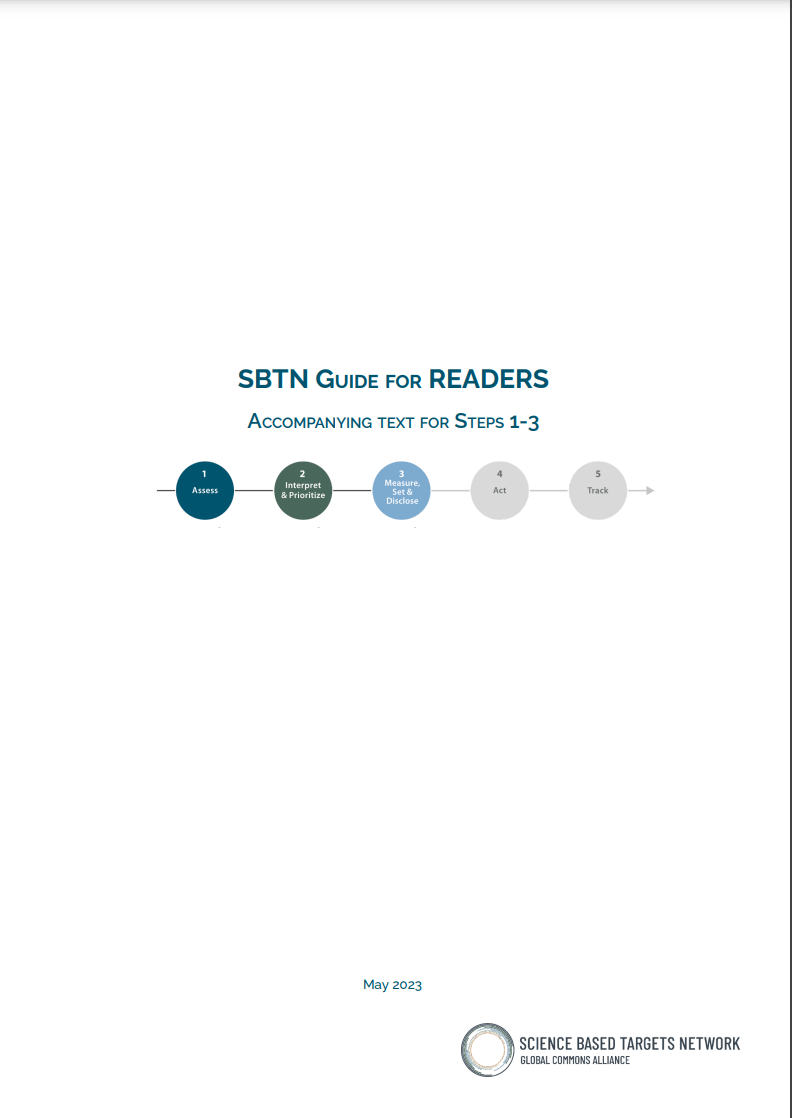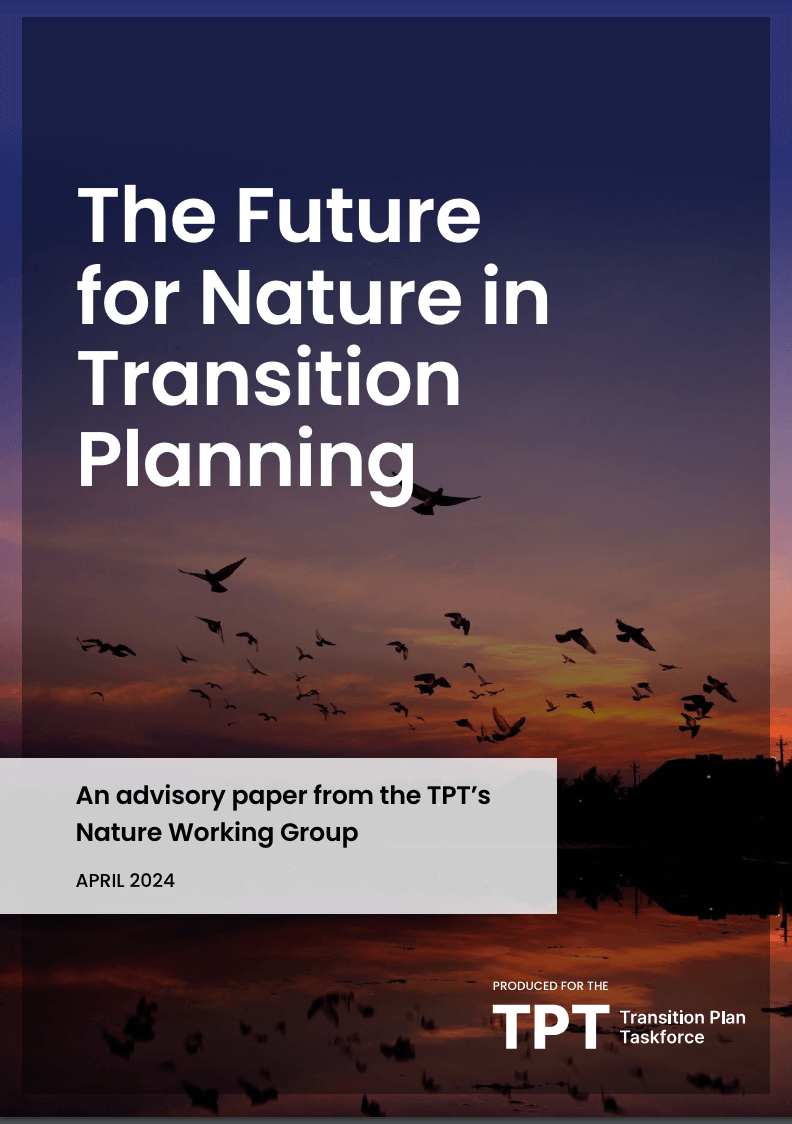The Future for Nature in Transition Planning
Detalles
The climate and nature crises are interlinked: climate change is the third leading cause of nature loss, with natural ecosystems absorbing about half ofCO2 emissions and increasing our resilience to the effects of climate change.
|
Recursos relacionados

Sector Actions Towards a Nature-Positive Future
In December 2022, governments adopted the Global Biodiversity Framework (GBF) with a mission to halt and reverse nature loss by…

Mainstreaming Natural Capital: Advancing the Global Agenda to Integrate Nature in Decision-Making
This paper synthesizes insights from more than three decades of work in the global debate on natural capital and offers…

Primeros objetivos basados en la ciencia para la naturaleza (tierra y agua dulce)
La publicación de los primeros Objetivos para la Naturaleza Basados en la Ciencia (SBTN) supone un avance significativo para que…


